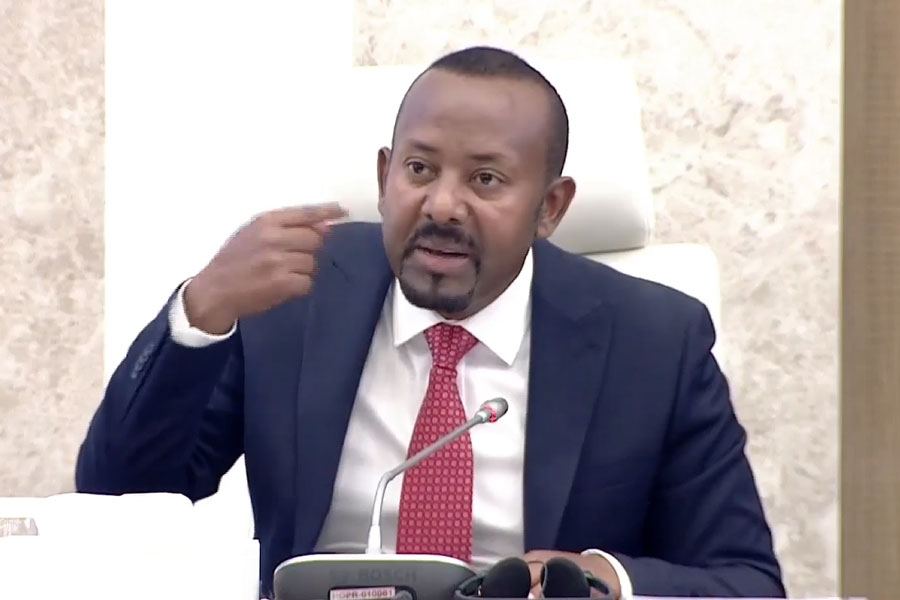
The newly assented and revised regulations for the Institute of Strategic Affairs has transferred accountability for the Institute back to the Ministry of Foreign Affairs. For the past two years, the Institute has been reporting to the Ministry of Peace since the premiership of Abiy Ahmed (PhD) began.
The regulation, which was approved by the Council of Ministers at the end of last week and was in the making for the last year, created the new label of the organisation, the Institute of Strategic Affairs.
The regulation has also gone through consultation with the ministries of Foreign Affairs and Peace, the National Intelligence & Security Service, and the Office of the Attorney-General. Going through a revision after six years, the regulation has also made the Institute a host of research-based policy.
"Complex developments need to have a research-based decision," said Hallelujah Lulie, director of the Institute.
The Institute has broadened the scope of its focus to foreign policy, geopolitics, international relations and regional mandates. It also plans to expand the reach of its analytics to the Horn of Africa, the Red Sea and the Gulf of Aden, among others.
The Institute, which is formerly known as the Ethiopian Foreign Relations Strategic Studies Institute, is also undergoing a thorough restructuring. The re-engineering of the Institute involves the organisation restructuring and rebranding itself, developing a five-year strategic document and redefining its duties.
It mapped out a five-year strategic document that has outlined the details of the aim of the operations of the institution, including training, public consultations, workshops, seminars and conferences. The document is expected to be given the green light before the end of 2020.
The reformation of the Institute had recently witnessed a hiccup when the headquarters of the organisation, where it had been residing for the last 24 years was taken away by the Addis Abeba City Administration to situate a project office and a city museum for the Mesqel Square Municipality Rehabilitation Project. The project, which is expected to cost 2.5 billion Br, is scheduled to be delivered within the next three months.
The building holds historical significance since it used to be the stage for different leaders including the former president Mengistu Hailemariam to give speeches at what was then called the Abiyot Adebabay, or Revolutionary Square, a place used for public gatherings, demonstrations and festivals.
The Institute, with its 35 staff, has now occupied the previous Eritrean Embassy, which is located right next to the Oromo Cultural Centre near National Stadium. The repurposed headquarters for the Institute is currently undergoing a thorough makeover. The premises are being cleaned and freshly painted.
Established in 1996 to be the hub of policy research and to promote peace and security in the country and Horn of Africa, the organisation was originally put under the Ministry of Foreign Affairs. Six years before, it went through a reformation under the stewardship of Sebhat Nega to focus on international relations.
As the Institute is a state-apparatus and close to policymaking, it should work on how to include the local intellects and academics, according to Yonas Ashine, a PhD candidate and a lecturer at Addis Abeba University's School of Social Science.
"It should question how it can work with universities in the country," said Yonas, who encourages the formation of independent think tank institutes without being under state control.
"This should help in the formation of research hubs from different parts of society and make progress on influencing policy decisions," he said.
PUBLISHED ON
Jul 18,2020 [ VOL
21 , NO
1055]
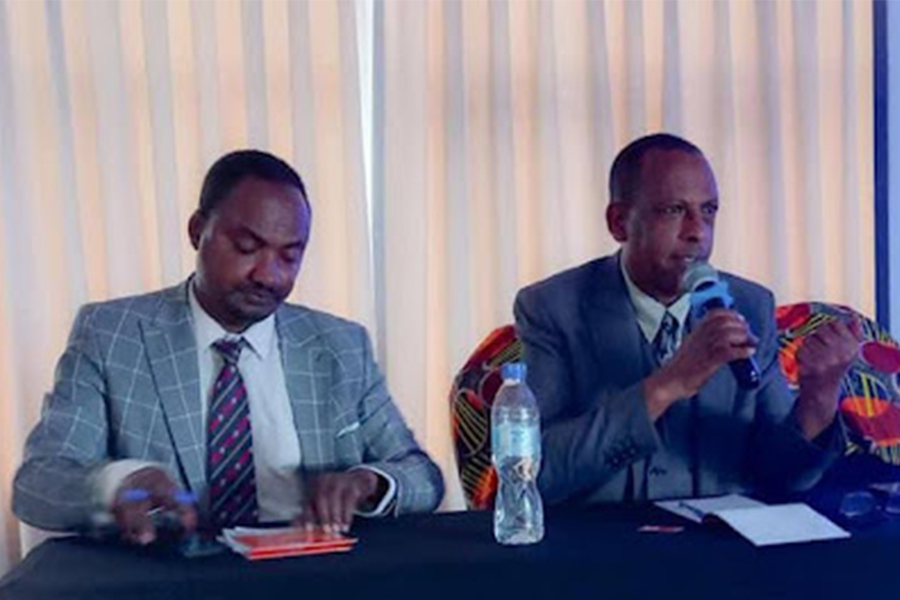
Radar | Sep 14,2024

Radar |
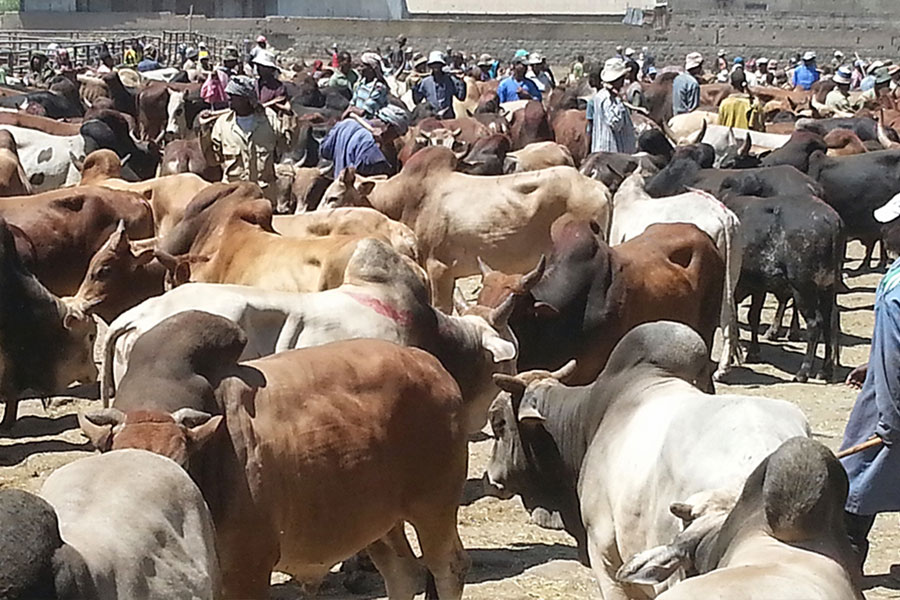
Fortune News | Jan 29,2022

Radar | Dec 19,2021

Commentaries | May 24,2025
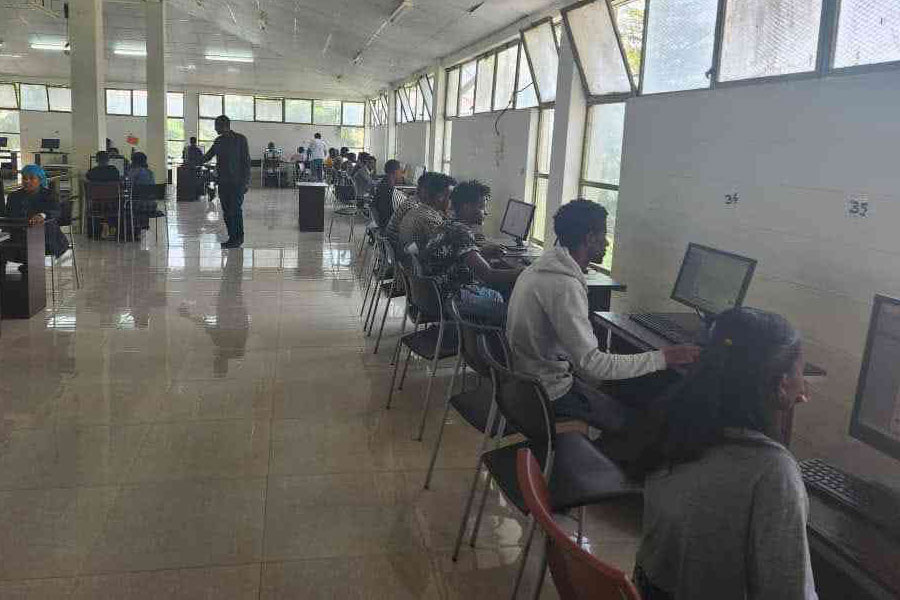
Agenda | Jul 08,2023
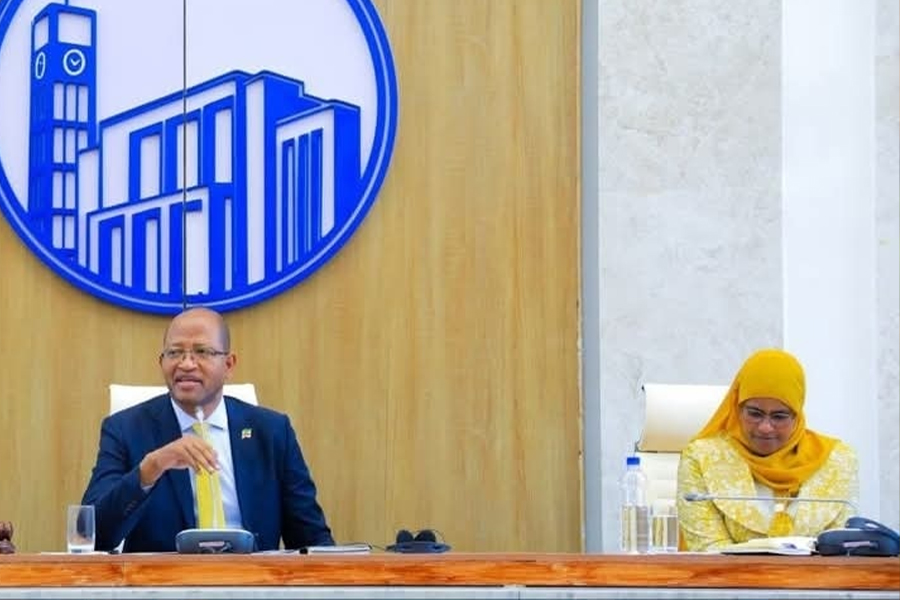
Radar | Apr 27,2025
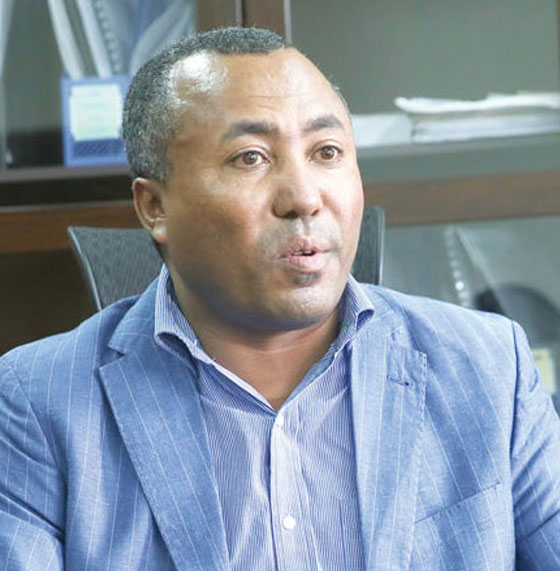
Radar | Aug 07,2021
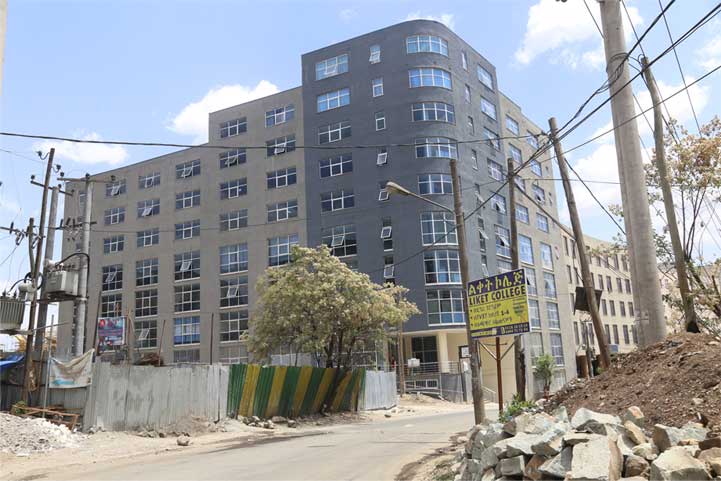
Fortune News | Mar 28,2020

Fortune News | Sep 03,2022

Dec 22 , 2024 . By TIZITA SHEWAFERAW
Charged with transforming colossal state-owned enterprises into modern and competitiv...

Aug 18 , 2024 . By AKSAH ITALO
Although predictable Yonas Zerihun's job in the ride-hailing service is not immune to...

Jul 28 , 2024 . By TIZITA SHEWAFERAW
Unhabitual, perhaps too many, Samuel Gebreyohannes, 38, used to occasionally enjoy a couple of beers at breakfast. However, he recently swit...

Jul 13 , 2024 . By AKSAH ITALO
Investors who rely on tractors, trucks, and field vehicles for commuting, transporting commodities, and f...

Oct 25 , 2025
The regulatory machinery is on overdrive. In only two years, no fewer than 35 new pro...

Oct 18 , 2025
The political establishment, notably the ruling party and its top brass, has become p...

Oct 11 , 2025
Ladislas Farago, a roving Associated Press (AP) correspondent, arrived in Ethiopia in...

Oct 4 , 2025
Eyob Tekalegn (PhD) had been in the Governor's chair for only weeks when, on Septembe...